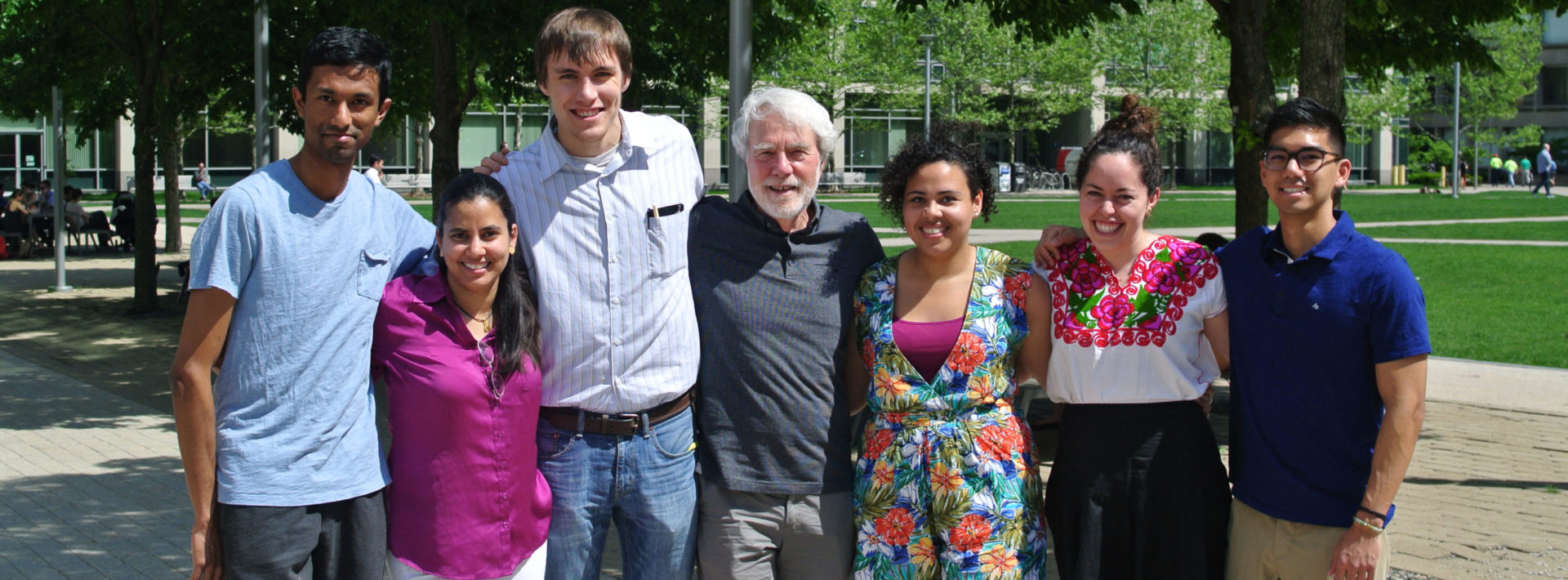Graduate Admissions 2017: Q&A with Graduate Officer Jesse Kroll

[fusion_text]Applying to graduate school is one of the most exciting times of an academic’s career. Each university has a different feel, program, and experience. Even at MIT CEE, we have various program ranging from the 9-month Masters of Engineering (MEng) to the Masters of Science and PhD programs in multiple research areas.
The graduate admissions portal is now open, so we sat down with Graduate Officer Jesse Kroll to discuss some best practices and tips for applying to CEE’s graduate programs.
What do faculty typically look for in an application?
When reviewing applications, faculty take a holistic look at each application and components of the applications. Broadly, graduate admissions boards look at your resume/CV, transcript, GRE scores, letters of recommendation, and your personal statement, which is commonly referred to as a “statement of purpose.”
What should be included in a statement of purpose?
The statement serves to help get your application into the right hands, so faculty with interests that align with yours or with a similar expertise can evaluate your application. Your statement is where you should talk about your skills, experiences, interests, and ultimate goals.
Before writing your statement, research specific professors and projects and see what applies to your skillset the most. Be sure to talk about how the program aligns with your interests. The statement should be one to one-and-a-half pages in length and be well written. You want to invest time into writing it, and it should be as specific as possible.
The statement is also where you should also go into detail about the research projects you have worked on. Especially if you are applying to a research-based degree, use the statement as an opportunity to emphasize your ability to conduct research, and include the type of research that you want to do (i.e. do you prefer fieldwork or lab work?).
Finally, make sure to customize your statement for each school that you apply to, and be sure to proof read each statement that you send out. You don’t want to be talking about applying to Berkeley in an application to MIT!
How important are undergraduate grades for graduate school?
Grades do matter, especially in courses that are related to your area of study. If you had a rough term or a low grade, do not ignore this. Use your statement as a chance to address that, and even put a positive spin on the situation if possible.
What are the average GRE scores for MIT CEE graduate programs?
We get this question a lot. Quantitative tends to be the one area that most engineering programs focus on. At MIT, most successful applicants score within the 90th percentile. I would advise undergraduate student to take the GRE while you’re still in school, even if you plan to take time off between undergrad and grad school. You’re better equipped to take the GRE while you’re a student, and scores are valid for 5 years.
Who should write letters of recommendation? How important are they to the application?
Letters of Recommendation are really important to applications. They lend credibility to your application and offer a unique opportunity for faculty to hear from people that have experience working with you.
Academic references are best for MIT CEE graduate programs, especially if they have worked with you closely and can speak to your characteristics or research ability.* I would suggest you give the person writing your recommendation at least two weeks (if not more) to write the letter.
It is also helpful to provide your references with your statement of purpose, and even some talking points about you that should be included in your references. Lastly, be sure to send a follow-up thank you email to your references, and to update them when you get accepted!
*Note that if you are applying for the LGO program, you must also have a professional reference.
For more information about the MIT CEE graduate programs, please register for our CEE Graduate Information Session webinar on November 28, 2017 at 10 am EST.[/fusion_text]
Share on Bluesky


